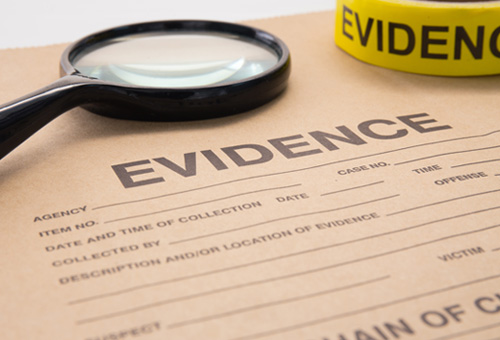


Learn how to prepare and present a winning case in child maltreatment proceedings or criminal prosecutions of child abusers. Topics addressed include ideas for successfully confronting common defenses, and ways to prepare witnesses, including children, to testify effectively and minimize the trauma they experience in court.

Gather up-to-date information for the investigation and prosecution of all types of child abuse cases utilizing a multidisciplinary team (MDT) approach. Learn about medical evidence, interviewing child victims/witnesses and adult suspects/witnesses, along with legal issues involved in the investigation and prosecution of child physical and sexual abuse cases. Discuss trends in offenders’ use of technology, the use of child sexual abuse material (CSAM), and sextortion. Learn law enforcement investigative techniques that capitalize on new technology.

Explore the intersection of sexually transmitted infections (STIs) and child sexual abuse investigations. Successful collaboration with multidisciplinary team (MDT) members hinges upon a shared understanding of common STIs, appropriate timing and methods for medical evaluation, and the forensic interpretation of STI diagnoses.

Suspects use a number of behaviors to gain the cooperation and trust of their victims. When working child abuse investigations, it is critical to identify and understand the grooming techniques that are used to manipulate both children and their caretakers in order to gain the necessary access to commit their crimes. Investigators must also be prepared to explain the dynamics of grooming in both criminal and family court hearings.

Discover how to use data to assist in the identification of missing and exploited children. Review a child exploitation case study from start to finish, and apply thinking outside the normal avenues to solve an investigation with technology.

The crucial role of law enforcement in preparing for the use of evidence by forensic interviewers during a forensic interview will be examined. Good preparation is essential to make the process go smoothly and maximizes positive outcomes for both the victim and the investigation.

Explore investigative strategies that address the relationship between child sexual abuse and child sexual abuse materials (child pornography) to supplement an investigation and corroborate victim statements. Gather new tools and resources for the most comprehensive case outcomes.

Examine the importance of multidisciplinary team (MDT) case coordination and evidence corroboration in the investigation of child abuse cases. Various members of the Multidisciplinary Team, such as law enforcement, child protective services, and forensic interviewers may gather different or differing information. Learn how to evaluate evidentiary findings through crime scene images, interviews and case studies. Understand multidisciplinary team members' roles and responsibilities for protecting child victims and prosecuting offenders. Focus on offenders’ use of technology, including the use of child sexual abuse material (CSAM) in grooming and manipulation. Discuss a variety of technology that can be used by investigators.

How to present evidence to children during a child forensic interview done in both a legal and ethical way will be examined. Learn the process of presenting evidence from the point of view of being able to defend the practice.

Explore how different types of evidence can be used in forensic interviews of children in abuse, witnessing violence and exploitation cases. Learn how to present different types of evidence in the context of a child-centered, trauma-informed, and legally defendable forensic interview approach. Discuss the implications of presenting child sexual abuse material (CSAM). Practice techniques and develop skills to present different types of evidence in child forensic interviews.
